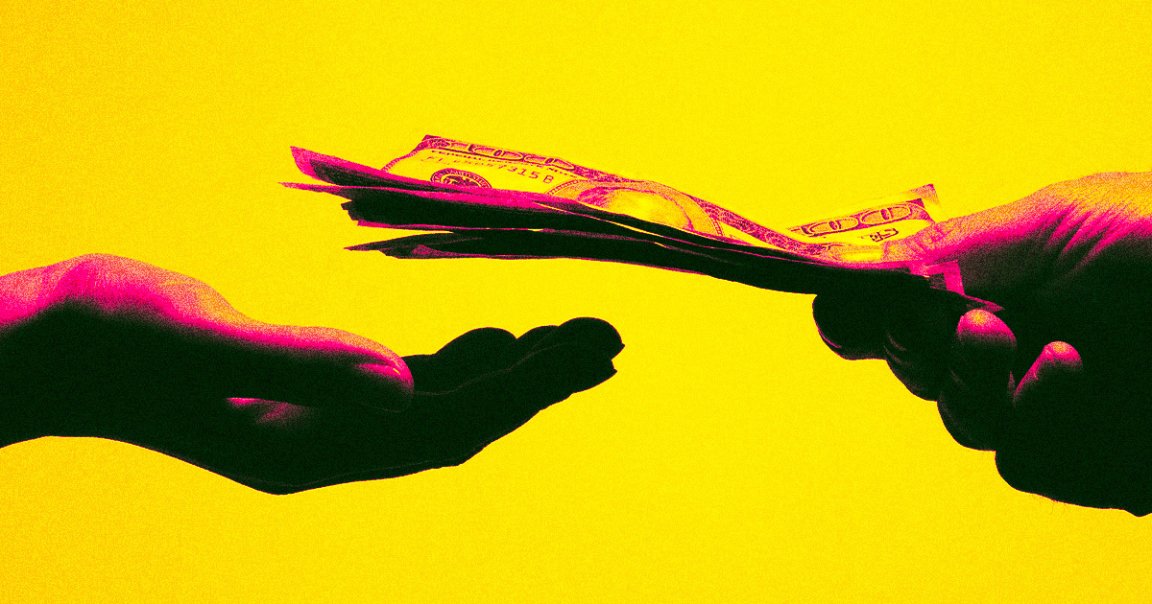
The idea of giving homeless people money, no questions asked, is a perennially controversial topic. The common argument against handing cash to the unhoused is that they’ll spend most of it on drugs, liquor, or cigarettes because of addiction issues.
But a recently published study from California seems like compelling evidence to the contrary. In 2022, a team of researchers from the University of Southern California, working with the San Francisco-based nonprofit Miracle Messages, studied the impact of giving $750 per month to 103 randomly selected homeless people in the San Francisco Bay area and Los Angeles County for a year.
For the first six months of the study period, the homeless participants spent most of their monthly stipend on food, at 36.6 percent of their total budget, and then housing at 19.5 percent, transportation at 12.7 percent, clothing at 11.5 percent, and healthcare at 6.2 percent. And 13.6 percent of the monthly income was classified as other expenses.
Researchers told The Los Angeles Times that just 2 percent from the monthly stipend went to drugs, alcohol, and cigarettes. And most of that tiny slice went to cigarettes — a minuscule proportion that may shatter some stereotypes of the unhoused.
But the biggest takeaway from the study was not about how much money they spent on addictive substances. It was that people who received the $750 were more likely to get off the streets.
“The proportion of people who reported spending time unsheltered in the past month decreased from 30 percent at baseline to under 12 percent at the 6-month follow-up, which was a statistically significant change,” the study reads.
This study is part of a growing body of research on basic income, where people are given a set amount of money with zero or little conditions, with many of them showing positive results.
In Denver, city officials gave 800 homeless people a monthly stipend that were anywhere from $50 to $1,000. Many participants reported that they used the money to get jobs, pay off debt, get housing, and other positive outcomes.
Another study in Stockton, California entailed giving $500 per month to 125 randomly selected residents, many of whom lived below the city’s median income level. Like previous basic income studies, there were positive results. Among participants, there was an increase in full-time employment. In addition, they became both physically and mentally healthier, among other positives.
Pointing to these results, some have been advocating a universal basic income or UBI, in which the government metes out a guaranteed amount of cash to people in order to mitigate the impact of poverty.
And beyond the unhoused or people scratching an existence at or below the poverty line, some basic income advocates say a UBI will be needed in the future for most people if artificial intelligence tech continues to cut into even what have traditionally seen as skilled labor, as many Silicon Valley titans are predicting.
A UBI program could certainly cushion the blow of AI replacing workers. And even if all these AI job loss predictions don’t come to pass, government officials should still take a serious look at basic income as a way to get people off the street and become productive members of society.
More on universal basic income: Denver Gave Homeless People $1,000 Per Month and It Got Them Off the Streets and Working Full-Time